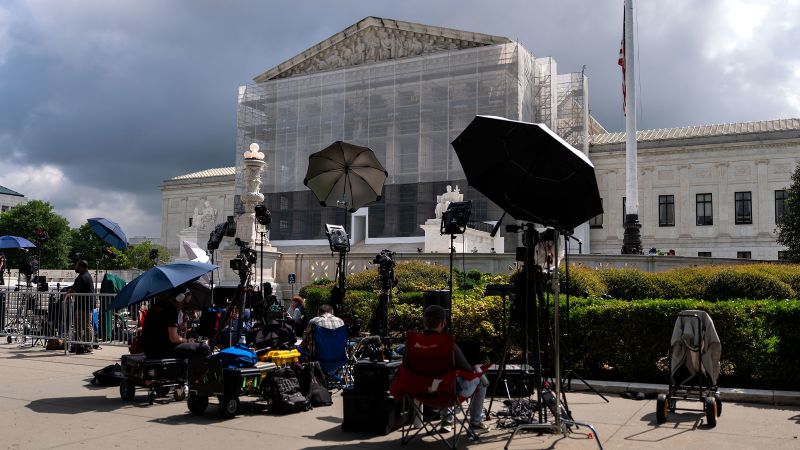The Supreme Court agreed Monday to take up a First Amendment appeal from a faith-based nonprofit that runs five “crisis pregnancy centers” in New Jersey and that is fighting a subpoena from the state’s Democratic attorney general.
First Choice Women’s Resources Centers had urged the conservative court to throw out a decision from the Philadelphia-based 3rd US Circuit Court of Appeals siding with the state. That decision required the nonprofit to continue litigating its objections to the subpoena in state court.
New Jersey officials subpoenaed the center in 2023 as part of investigation into whether the organization violated consumer fraud laws. Pregnancy centers are opposed to abortion, but New Jersey officials said their marketing may have left some patients with the impression that they could receive abortions at the facilities.
The subpoena was aimed at evaluating whether the center “or its staff engaged in misrepresentations and other prohibited conduct,” according to the state. It sought advertisements, donor solicitations, and the identification of licensed medical personnel. The center framed the subpoena as a demand for donor names.
If that view of the subpoena prevails, then New Jersey’s actions may be in conflict with a 2021 Supreme Court decision in which a majority found unconstitutional a California law requiring the conservative Americans for Prosperity Foundation to disclose its donors.
A divided 3rd Circuit ruled in December that the center’s claims were not yet ripe because state courts had not yet enforced the subpoena against them.
